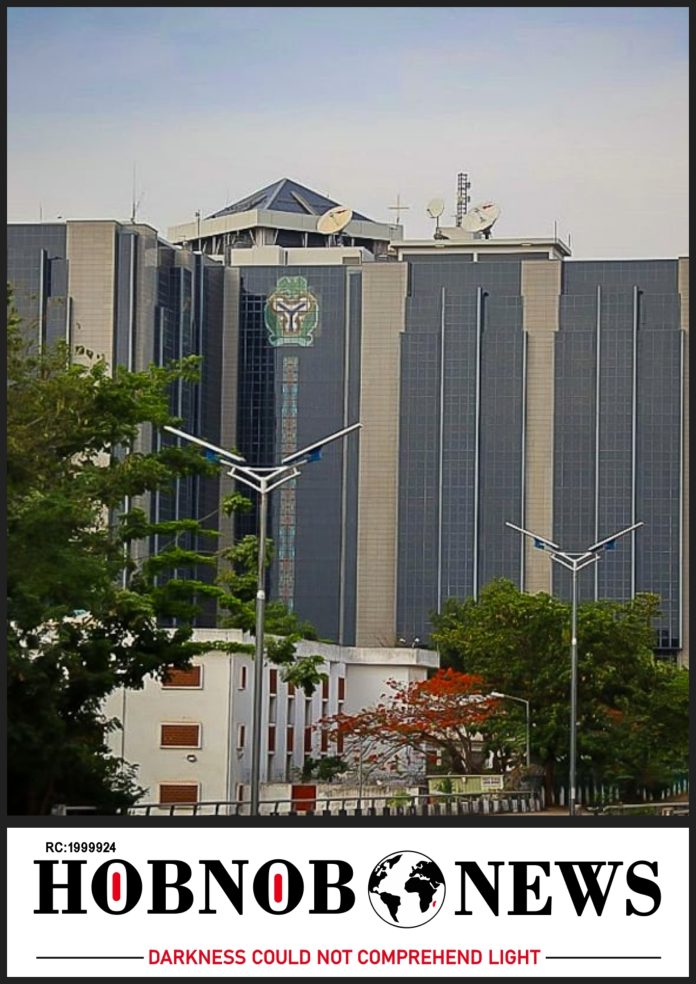The Central Bank of Nigeria CBN has announced a revision of the loan-to-deposit ratio (LDR) for banks, decreasing it from 65 percent to 50 percent to conform with the prevailing monetary tightening measures.
The LDR serves as a gauge of a bank’s liquidity, comparing its total loans against its total deposits.
An uptick in the loan-to-deposit ratio empowers banks to extend more credit to both businesses and individuals.
Conversely, a dip in the LDR diminishes their capacity to lend from the pool of depositor funds.
This adjustment was revealed in a circular titled ‘Re: Regulatory Measures to Improve Lending to the Sector of the Nigerian Economy,’ released on Wednesday and endorsed by Adetona Adedeji, the acting director of the banking supervision department at the CBN.
“Following a shift in the Bank’s policy stance towards a more contractionary approach, it is imperative to review the loan-to-deposit ratio (LDR) policy to align with the current monetary tightening by the CBN,” the apex bank said.
“Accordingly, the CBN has decided to reduce the LDR by 15 percentage points to 50%, in a similar proportion to the increase in the CRR rate for banks.
“All DMBs are required to maintain this level and are further advised that average daily figures shall continue to be applied to assess compliance.
Advertisement
“While DMBs are encouraged to maintain strong risk management practices regarding their lending operations, the CBN shall continue to monitor compliance, review market developments, and make alterations in the LDR as it deems appropriate.”Starting from February 2, the Central Bank of Nigeria declared a halt to the daily debiting of cash reserve ratio (CRR) from deposits in commercial banks.
CRR stands as one of the monetary policy instruments utilized by the CBN to regulate the flow or supply of money within the economy, particularly when the bank’s liquidity decreases.
During the latest monetary policy committee (MPC) meeting on March 26, the CBN opted to maintain the CRR at 45 percent and the liquidity ratio at 30 percent.
Additionally, the monetary policy rate (MPR) witnessed an increase of 200 basis points, reaching 24.75 percent.
Starting from February 2, the Central Bank of Nigeria declared a halt to the daily debiting of cash reserve ratio (CRR) from deposits in commercial banks.
CRR stands as one of the monetary policy instruments utilized by the CBN to regulate the flow or supply of money within the economy, particularly when the bank’s liquidity decreases.
During the latest monetary policy committee (MPC) meeting on March 26, the CBN opted to maintain the CRR at 45 percent and the liquidity ratio at 30 percent.
Additionally, the monetary policy rate (MPR) witnessed an increase of 200 basis points, reaching 24.75 percent.

